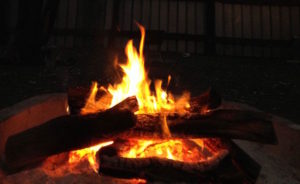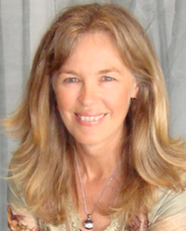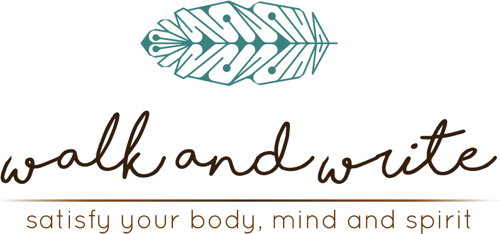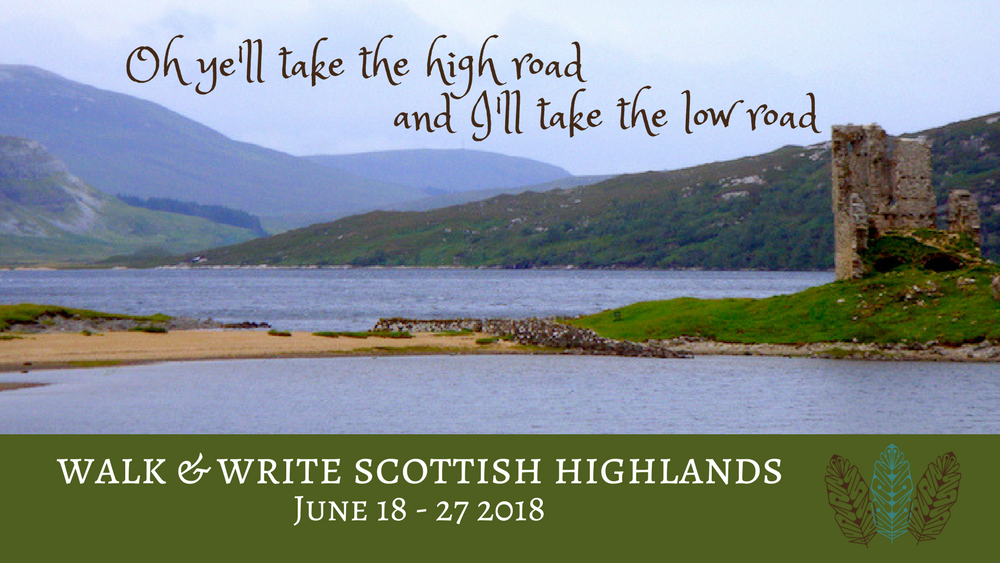
02 Jan But what if I die? . . . tip #1 for dealing with the great challenge of journaling
“I write because I don’t know what to think until I read what I say.”
Flannery O’Connor
There’s no two ways about it – writing is good for us.
I’m not speaking now of the writing of a book or a blog or whatever writing project is calling to us, although for many reasons tending to this calling is fabulous for our wellbeing.
I am speaking of journaling.
Journaling is the art of building a relationship with ourselves. Yes, plural, we all have many selves 🙂
We are all many different people, depending upon the situations in which we find ourselves and the human beings around us. Some selves we adore. Others we despise. Some we love and others despise. Some humans and situations bring us great joy. Enliven us. Inspire and embolden us. Other humans and situations disempower us. Shrink us. Disappear us.
Who we are and how we behave is most often entirely dependent on where we are and with whom.
This doesn’t mean things always have to be this way.
You do in fact have everything you need to create a new way of being in your world. And an effective, cost-neutral tool is right there at your fingertips – pen and paper.
Journaling is the art of building a relationship with yourself. It’s a fancy way of saying that with a pen and a piece of paper, you can download the toxic experiences that have you at their mercy – and then use these tools begin to navigate new ways of handling people and situations.
You need another reason to start?
How about this: these experiences are living in your body – in your blood and your bones and your flesh and your organs – and that’s not good for you. You doubt? Here’s a quick experiment: close your eyes and think of something or someone you love. Now, eyes still closed, think of something or someone you loathe.
Pen and paper ready? How did each of those thoughts make you feel? Write it. Download it. Download all of it. What are the stories that go with the feeling? Where is the feeling lodged in your body? If that part of your body had a voice, what would it say to you? Write. Write it all. Write it out.
Empty yourself of the noxious stories living in your body. And then do it again. do it as often as you need, in every situation you need it. And use journaling as preventative medicine, a tool for ensuring new stories don’t take up residence on the inside.
BUT – and there’s a big but if we are to tell the truth of our existence as we experience it in any moment.
If we are to tell the truth, which we must if we are to empower ourselves and claim the lives we were born to live, then the fact is we must write things we know in our rational mind to be unreasonable, or know will be incredibly hurtful to others if they found it and our intention is not to hurt, it’s to heal our own hearts and minds and bodies.
What if I die and they find my journal?
What if that’s all that’s left of me and a momentary flash of toxic anger defines my life?
It’s a common question in our journaling workshops.
What if . . . ?
Here’s what if – burn it.
Your writing downloads don’t have to have form on this Earth. You do, however, have to tell the truth to yourself if you are to heal, rest, renew and live the life you most long to live. The writing doesn’t have to exist on paper. But it does have to leave your body.
Burn it. Shred it. But write it first.
Write.
Because no matter who we are or where we are, we have a right to a relationship with ourselves. We have a right to the truth, even if it’s just in the privacy of our own heart and mind.
 Written by Stephanie Dale, author, journalist & traveling writer; founder of The Write Road and Walk and Write.
Written by Stephanie Dale, author, journalist & traveling writer; founder of The Write Road and Walk and Write.
Stephanie Dale is an award-winning journalist and author with a fondness for walking and writing. She is a passionate advocate for the visibility and voices of everyday people and focuses on supporting new and unpublished writers to write and keep writing. The Write Road is dedicated to empowering people to tell their stories, their way.






